Research Centers & Laboratories
MME is home to state-of-the-art research centers and labs, offering access to advanced instruments, cutting-edge technologies and specialized services. Our facilities support interdisciplinary research and groundbreaking discoveries. These resources foster collaboration and innovation, empowering our research community to tackle complex challenges.
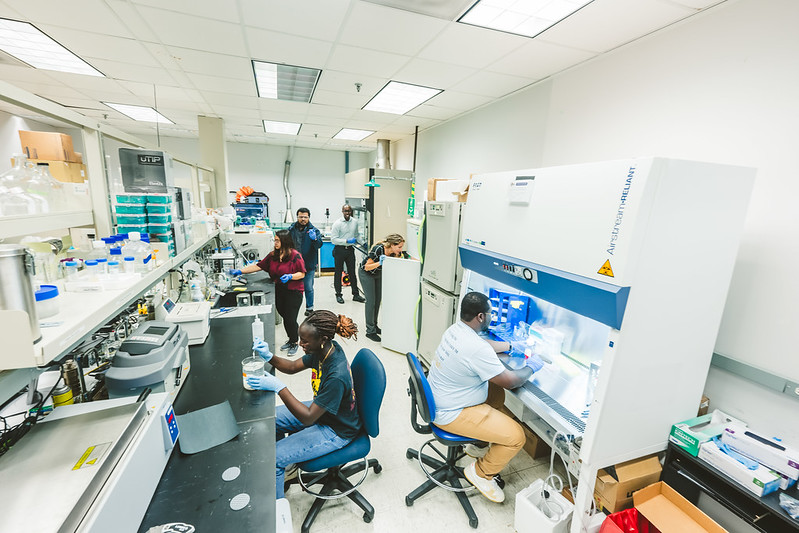
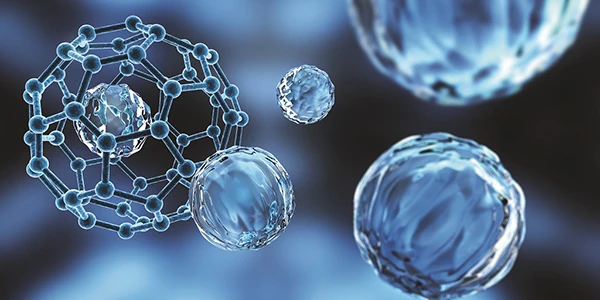
Advanced Functional Materials Lab
Principal Investigator: Cheng Yu-Lai, Ph.D.
Research conducted in the Advanced Functional Materials laboratory focuses on advanced materials that are functionalized through chemical, biochemical and physical methods.
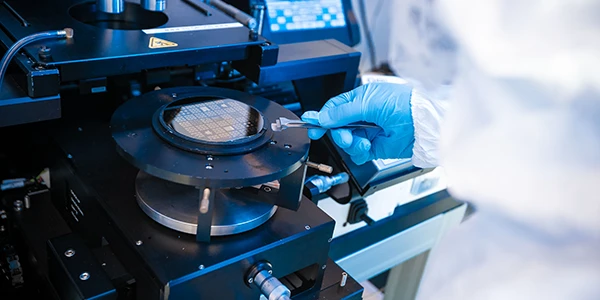
Director: Daniela Radu, Ph.D.
Advanced Materials Engineering Research Institute (AMERI) specializes in nanotechnology, nanofabrication, biosensors, carbon nanotubes and nanowires, micro fuel cells and batteries, electronic materials, ceramics, polymers, biomaterials, metals and alloys and composite materials.
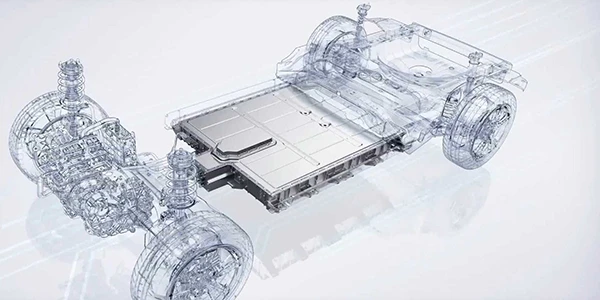
Director: Bilal El-Zahab, Ph.D.
The Battery Research Lab specializes in developing electrode and electrolyte materials for batteries. It includes capabilities for prototyping, benchmarking and safety assessment for lithium-ion, lithium-sulfur and lithium-air battery systems.
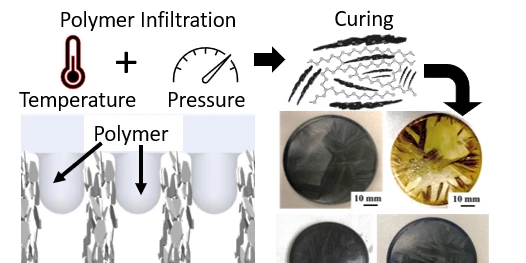
Composites Lab
Director: Benjamin Boesl, Ph.D.
The Composite Lab specializes in structure-to-property relationships, design of materials, analysis methods and material systems expertise.
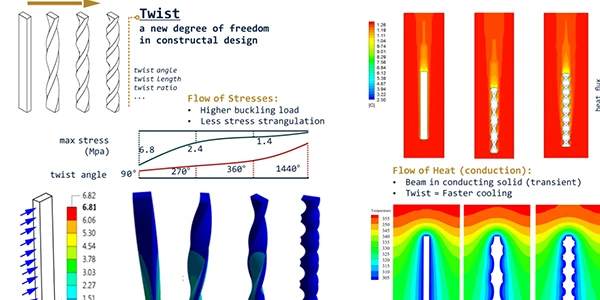
Corrosion Lab
Director: Norman Munroe, Ph.D.
The Corrosion Lab explores wire-arc direct energy deposited materials to develop the next generation of structural components.
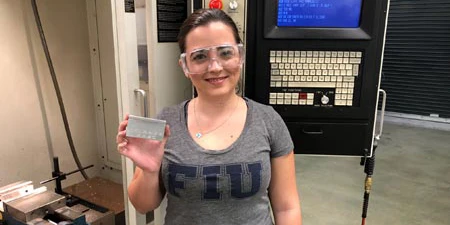
Engineering Manufacturing Center
Director: Ibrahim Tansel, Ph.D.
Engineering Manufacturing Center provides technical expertise in manufacturing, supporting researchers and graduate and undergraduate students with high-precision quality fabrication and expert guidance.
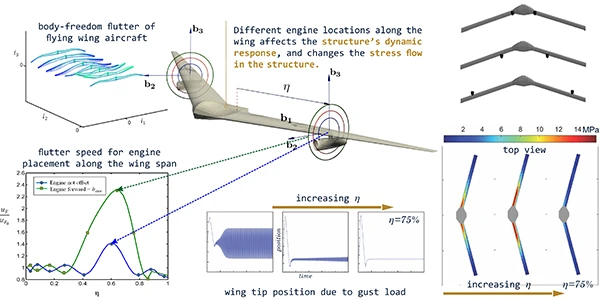
Director: Pezhman Mardanpour, Ph.D.
The Fluid Structure Interaction (FSI) Lab focuses on the stability analysis of flexible structures interacting with fluid flow, bio-inspired design of aero vehicles, evolutionary studies of natural designs and innovative energy harvesting methods.
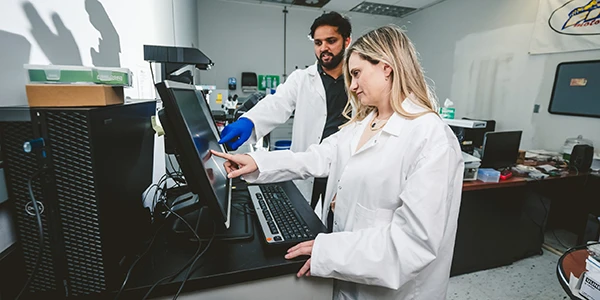
Interdisciplinary Microfluidics Lab
Director: Alicia Boymelgreen, Ph.D.
Interdisciplinary Microfluidics Lab (IML) studies fluid mechanics, colloid science, soft matter, electrical engineering, nanotechnology and machine learning to advance the fundamental understanding of microfluidic systems and develop new applications.
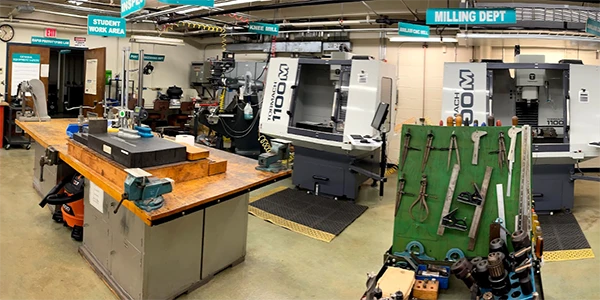
Director: Ibrahim Tansel, Ph.D.
The Mechatronics Lab focuses on applying structural health monitoring (SHM) methods to additively manufactured parts. They also work on modeling metal-cutting processes and automatic monitoring of manufacturing operations.
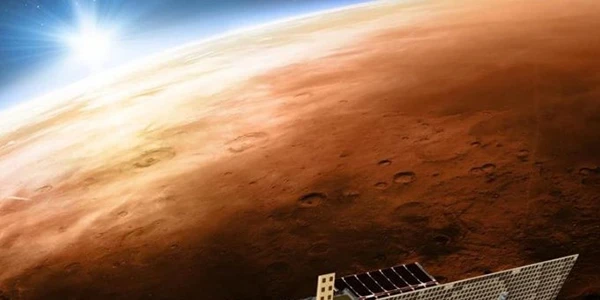
Center Director and Principal Investigator: Daniela Radu, Ph.D.
The NASA Center for Research and Education in 2D Optoelectronics’ (CRE2DO) primary goal is to develop cutting-edge technologies that integrate 2D materials in space-resilient infrastructure materials, communication devices and small satellite technology.

Center Director and Principal Investigator: Daniela Radu, Ph.D.
NSF PREM IMPAQT explores the fundamental and practical aspects of 2D materials, engaging students in innovative research on sensor technology, secure communication, quantum computing and advanced simulations
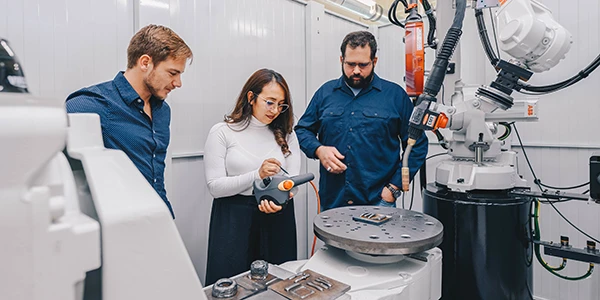
Director: Tanaji Paul, P.h.D.
The Cold Spray and Rapid Deposition (ColRAD) Lab is a pioneering research facility dedicated to advancing cold spray technology with a wide range of materials, including polymers, ceramics and metals for industrial and technological advancements.
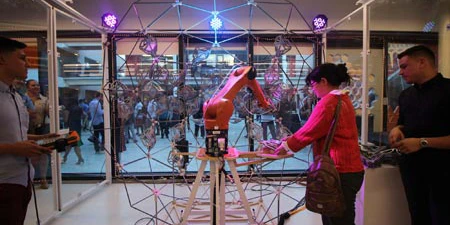
Robotics and Automation Laboratory
The Robotics Lab focuses on mechatronic design, fault tolerance, modular architectures, intelligent controllers, robotics technology for waste site operations, light robots, long-reach arms, biomedical applications and teleoperation systems.
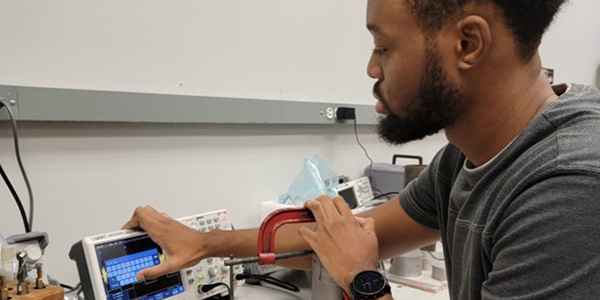
Director: Ibrahim Tansel, Ph.D.
Funded by the National Nuclear Security Administration, the scope of the Consortium for Research and Education in Cyber Manufacturing Applications for Modular Nuclear Reactors (CMA-MNuR) is to develop a virtual design and additive manufacturing environment to build the parts of modular nuclear reactors with the participation of engineers from different parts of the US.